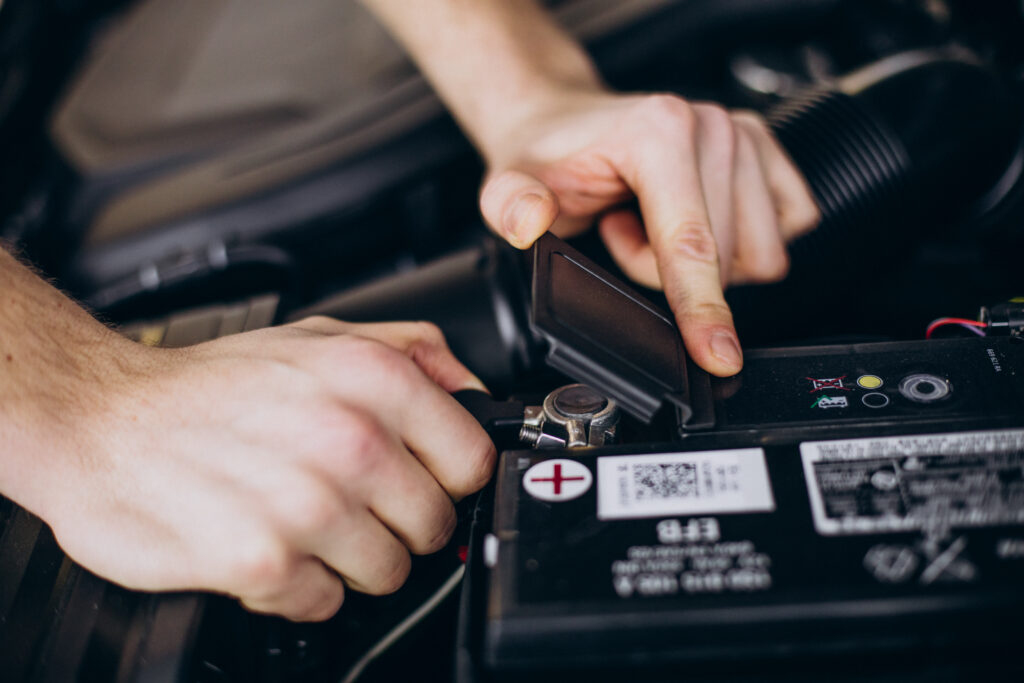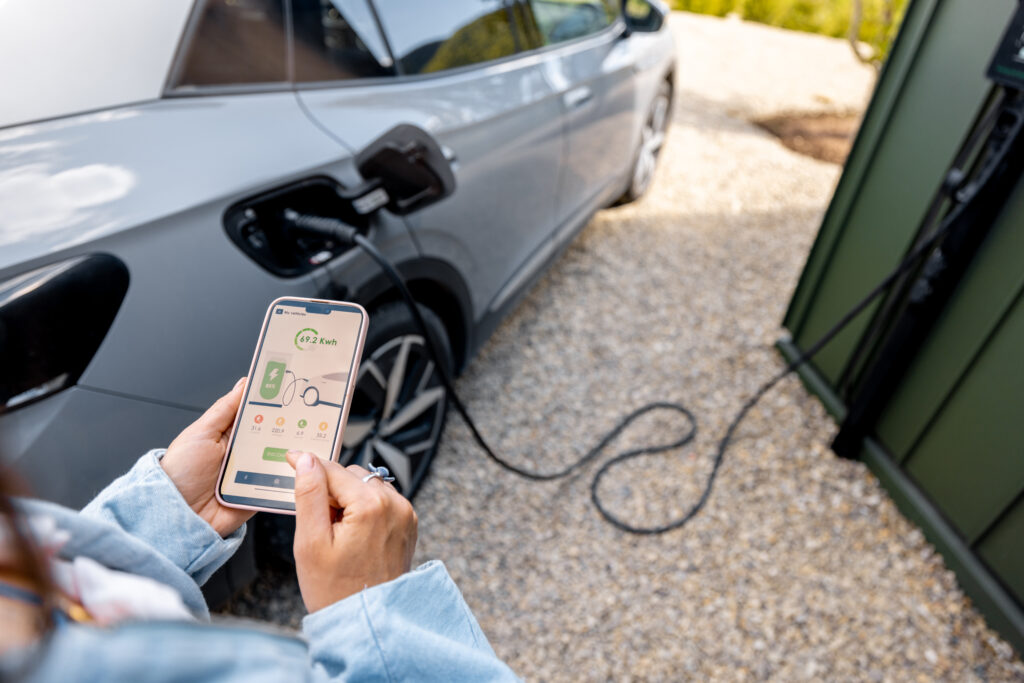Batteries are a key component of any electric vehicle—without a battery in good health, the vehicle’s use could be severely compromised. Here, we will explain why electric cars and vans produced in recent years are highly likely to have a battery that will last the life of the car. This is particularly important for organisations considering EV charging for schools or businesses applying for the Workplace EV Charging Grant, as long-lasting batteries make investing in electric vehicles a sustainable choice for both education and workplace environments.
For those who do not yet own an electric vehicle, there are understandable concerns. Media reports over the last few years have poked fun at electric cars, often highlighting poor battery durability in one or two early models. It has also been easy to find examples, especially when EVs were in their infancy, of garages that insisted batteries needed expensive total replacements when, in fact, repair might have been a viable option.
Consumers sometimes compare their experience of their smartphone or laptop batteries, which degrade during use and often need replacing after three years. They may naively assume that a battery in an electric vehicle will behave in the same way. However, advancements in EV technology, coupled with initiatives like the workplace EV charging grant, have led to more robust battery designs, ensuring greater durability and reliability for long-term use.
Typical Lifespan of EV Batteries
For modern electric vehicles, their main traction batteries are now expected to last the life of the vehicle. With more EVs on the road for a longer period of time, there are now many examples of Teslas, MGs and other brands which have run over 200,000, or even up to 500,000 miles on their original battery. In other words, an EV driver can expect the motor and battery in their car to last longer, and be more reliable, than a traditional petrol or diesel engine.
Manufacturers have worked hard to develop systems that ensure their batteries last longer. Tesla, for example, gives a 7 year, 100,000+ mile battery warranty; MG has a seven year warranty; Renault and BMW cover the battery for 8 years or 100,000 miles (UK market data).
Typically, an electric vehicle will continue to work, and the car will continue to drive as normal. The only degradation that is evident over time, is in the battery’s storage capacity – which means the car will not travel as far on a full charge. In practice that might be a 5-10% reduction. But, as most EV drivers know, it is very rare that you will set out on a journey requiring all of your charge, so that reduction makes minimal practical difference.

Factors Affecting EV Battery Life
It has become clear that a few factors can influence battery life – and over time, it appears some previously considered factors will have little impact.
One key issue is charging. There is evidence that batteries which are rapid charged a lot (using a DC charger of 50kw speed or more, such as that found at motorway services), perform less well in the long term, than batteries which are charged at a slower speed, such as on a home charger.
Best practice issues which may support better battery health include not charging every day, unless necessary; allowing the battery to drain to a low level of charge on a regular basis; and restricting charging to no more than 80%.
If you are considering buying a second hand electric vehicle, more and more dealers are now offering cars for sale with a battery health report. If you have concerns about an EV battery’s durability, look for one of these reports.
Signs Your EV Battery May Need Attention
If your EV battery starts to show a significant difference in performance, normally via a reduced range showing when fully charged, there are several steps you can take. Just be clear, however, that battery performance will change through the seasons: batteries generally perform better in the summer, and less well in the winter, reducing range. Also, range can be further reduced if the driver runs items such as heaters, during the winter.
You can have your battery health checked by a main dealer, or by an independent specialist garage (in the UK, an organisation called HEVRA has members who are specifically trained to work on EVs). Remember that if a battery is still under warranty, a manufacturer will replace it at no charge.
If a battery is found to be in poor health, and cannot be replaced under warranty, there are a number of steps that can be taken. Depending on the make, model and battery chemistry, it may be possible to rebalance cells that have become unbalanced, immediately improving range. Alternatively, if one or two bad cells are identified, the battery pack can be opened and the bad cells replaced – a procedure that is far less costly than a full replacement.
Today, as many electric vehicles have been written off in crashes, it is even possible to buy a replacement battery in good health, at a reasonable cost. Often that cost will be not much more than a new engine would cost in a petrol or diesel car.

Future of EV Battery Technology
Over the last decade, electric vehicle batteries have roughly doubled in density, and halved in cost, while charging speeds have more than doubled. So what’s in store over the next decade?
Expect to see denser batteries, which can be safely charged at a faster speed. There may well be developments in charging, such as wireless pads. And the absolute costs of batteries will also decline, so that EVs will cost less than petrol or diesel cars. There is also the possibility that promised solid-state batteries could be developed for EV’s, again delivering a step change in charging speed and battery capacity.
Conclusion
Forget out of date media reports about first-generation Nissan Leafs, which are now acknowledged to have had the worst battery durability, due to their lack of thermal management. Manufacturers have learned from those early mistakes, and now produce electric cars with well-managed, reliable batteries that come with long-term warranties. Today’s EVs can last the distance, and a new industry is growing to help ensure they remain reliably on the road and can be easily repaired if needed.
We are ready to support your journey towards sustainable driving. Contact The Full EV to discuss the best charging solutions for your home, business, or organisation.


